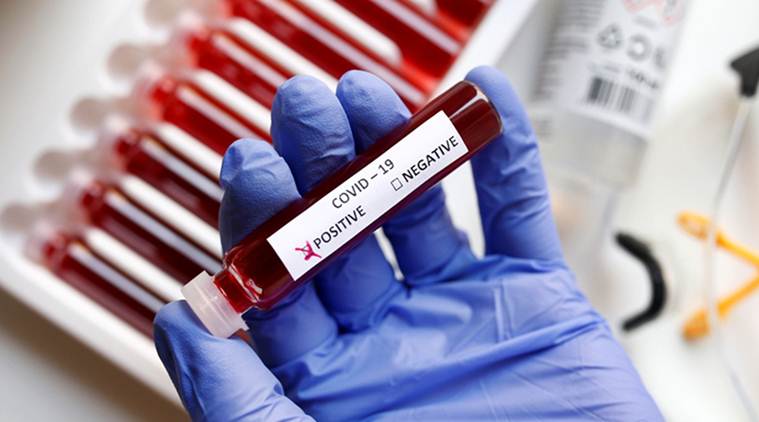 According to the data, 295 class B employees (assistant engineers and head clerks) and 29 class A staffers (assistant municipal commissioner, deputy municipal commissioner and chief engineers) have tested positive. (Representational)
According to the data, 295 class B employees (assistant engineers and head clerks) and 29 class A staffers (assistant municipal commissioner, deputy municipal commissioner and chief engineers) have tested positive. (Representational)
Of the total BMC employees infected with Covid-19, nearly 80 per cent are frontline class C and D staffers. As per data recorded by the civic body, which has been accessed by The Indian Express, while 1,808 BMC staffers have tested positive for the virus, 71 of them have died.
The number could rise as many civic departments are yet to submit numbers of their infected staff and deaths. Among these 71, BMC is yet to issue death certificates to 59 Covid-19 positive employees, mentioning the cause of death.
The data highlights that with 20 deaths, the solid waste management department has lost most employees, followed by public health department (17). Twelve deaths have been reported in other departments and wards. Mumbai Fire Brigade and BMC’s security department have recorded six and seven deaths, respectively.
Of 71 deceased, 64 patients were class D (sweeper, labour, mukadam, ward boys and peons) employees and six from class C (junior engineers and junior clerks) staffers.
In all, 1,484 class C (416) and D (1,068) have contracted the virus, which is about 82 per cent of total infected BMC employees. Among the 1,484, 816 have recovered, said officials. Overall, 1,053 BMC employees have recovered.
“Class C and D staffers are more exposed to the infection, as they are working on the ground and in Covid-19 care facilities. We have asked all heads of the departments to maintain data of infected civic staffers and submit death certificate mentioning that it is Covid-19 death. We have appointed an officer for speedy clearance of compensation claims from employee’s kin,” said Milind Sawant, Joint Municipal Commissioner of general administration department (GAD).
According to the data, 295 class B employees (assistant engineers and head clerks) and 29 class A staffers (assistant municipal commissioner, deputy municipal commissioner and chief engineers) have tested positive.
Ramakant Bane of the municipal union said that the lower-rank officers are more vulnerable to infection, as they live in small houses and chawls. “Also, they travel in public transport so they are exposed to many people.”